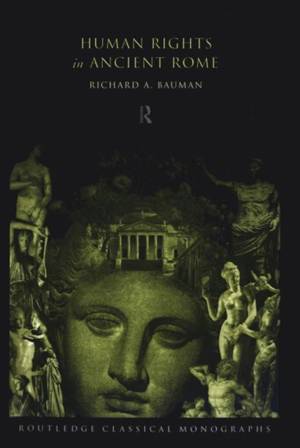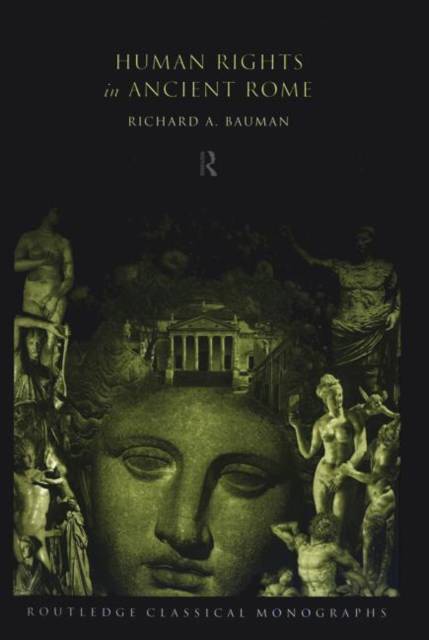
Door een staking bij bpost kan je online bestelling op dit moment iets langer onderweg zijn dan voorzien. Dringend iets nodig? Onze winkels ontvangen jou met open armen!
- Afhalen na 1 uur in een winkel met voorraad
- Gratis thuislevering in België vanaf € 30
- Ruim aanbod met 7 miljoen producten
Door een staking bij bpost kan je online bestelling op dit moment iets langer onderweg zijn dan voorzien. Dringend iets nodig? Onze winkels ontvangen jou met open armen!
- Afhalen na 1 uur in een winkel met voorraad
- Gratis thuislevering in België vanaf € 30
- Ruim aanbod met 7 miljoen producten
Zoeken
Omschrijving
The concept of human rights has a long history. Its practical origins, as distinct from its theoretical antecedents, are said to be comparatively recent, going back no further than the American and French Bills of Rights of the eighteenth century. Even those landmarks are seen as little more than the precursors of the twentieth century starting-point - the Universal Declaration of Human Rights which was adopted by the General Assembly of the United Nations in 1948. In this unique and stimulating book, Richard Bauman investigates the concept of human rights in the Roman world. He argues that on the theoretical side, ideas were developed by thinkers such as Cicero and Seneca and on the pragmatic side, practical applications were rewarded mainly through the law. He presents a comprehensive analysis of human rights in ancient Rome and offers enlightening comparisons between the Roman and twentieth century understanding of human rights.
Specificaties
Betrokkenen
- Auteur(s):
- Uitgeverij:
Inhoud
- Aantal bladzijden:
- 208
- Taal:
- Engels
Eigenschappen
- Productcode (EAN):
- 9780415692564
- Verschijningsdatum:
- 1/01/2012
- Uitvoering:
- Paperback
- Formaat:
- Trade paperback (VS)
- Afmetingen:
- 152 mm x 229 mm
- Gewicht:
- 285 g

Alleen bij Standaard Boekhandel
+ 210 punten op je klantenkaart van Standaard Boekhandel
Beoordelingen
We publiceren alleen reviews die voldoen aan de voorwaarden voor reviews. Bekijk onze voorwaarden voor reviews.











